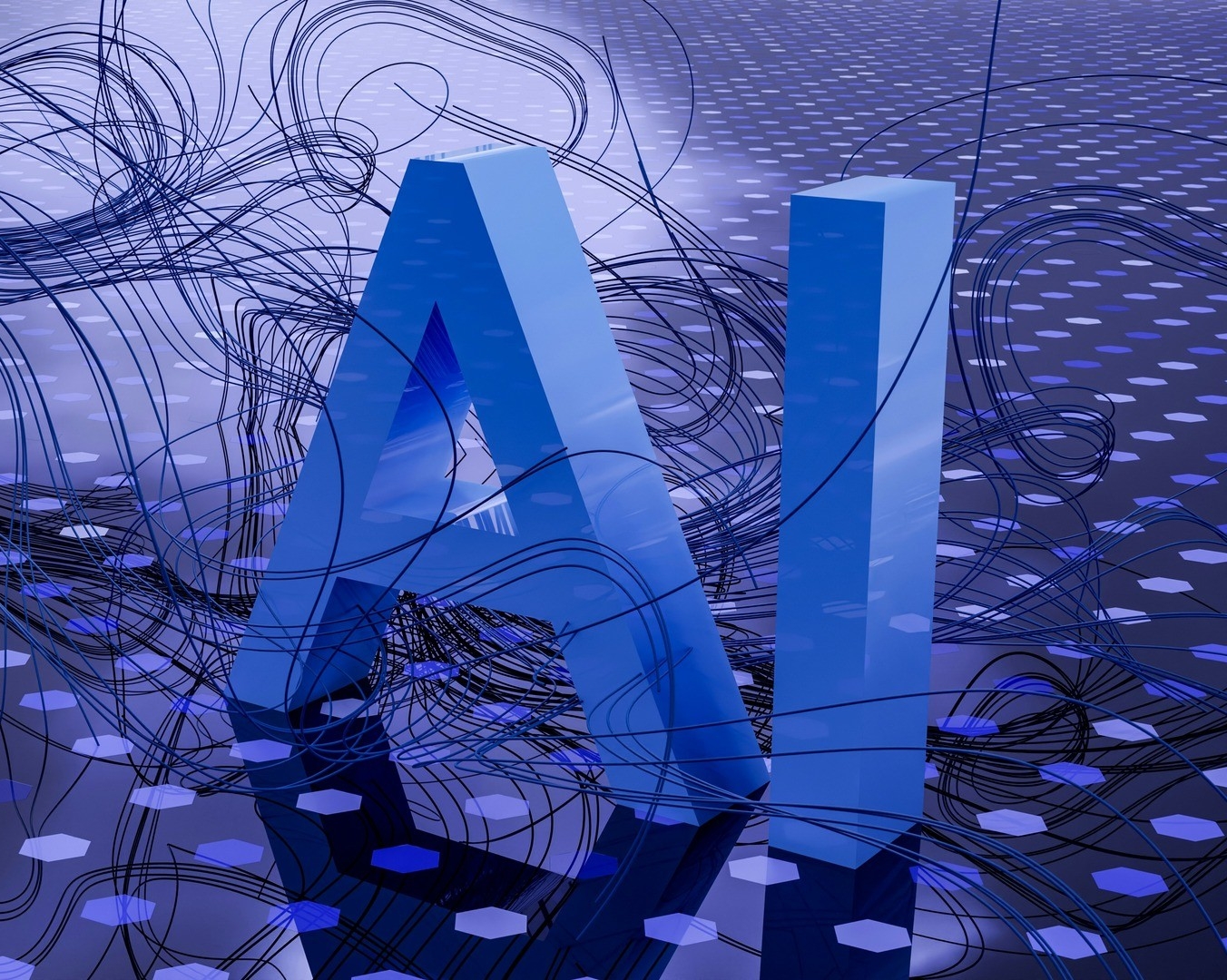In the rush to cash in on the generative artificial intelligence gold rush, one possible outcome of AI’s future rarely gets discussed: what if the technology never works well enough to replace your co-workers, companies fail to use AI well or most AI startups simply fail?
Current estimates suggest big AI firms face a US$800 billion dollar revenue shortfall.
So far, genAI’s productivity gains are minimal and mostly for programmers and copywriters. GenAI does some neat, helpful things, but it’s not yet the engine of a new economy.
It’s not a bad future, but it’s different from the one currently driving news headlines. And it’s a future that doesn’t fit the narrative AI firms want to tell. Hype fuels new rounds of investment promising massive future profits.
Maybe genAI will turn out to be worthless, and maybe that’s fine.
Indispensable or indefensible?
Free genAI services, and cheap subscription services like ChatGPT and Gemini, cost a lot of money to run. Right now, however, there are growing questions about just how AI firms are going to make any money.
OpenAI CEO Sam Altman has been candid about how much money his firm spends, once quipping that every time users say “please” or “thank you” to ChatGPT, it costs the firms millions. Exactly how much OpenAI loses per chat is anyone’s guess, but Altman has also said even paid pro accounts lose money because of the high computing costs that come with each query.
Like many startups, genAI firms have followed the classic playbook: burn through money to attract and lock-in users with a killer product they can’t afford to miss out on. But most tech giants have not succeeded by creating high-cost products, but rather by making low-cost products users can’t quit, largely funded by advertising.
When companies try to find new value, the result is what journalist and author Cory Doctorow coined “enshittification,” or the gradual decline of platforms over time. In this case, enshittification means the number of ads increase to make up the loss of offering the free service.
OpenAI is considering bringing ads to ChatGPT, though the company says it is being “very thoughtful and tasteful” about how this is done.
It’s too soon to tell whether this playbook will work for genAI. There is a possibility that advertising might not generate enough revenue to justify the massive spending needed to power it. That is because genAI is becoming something of a liability.
The hidden costs of AI models
Another looming problem for genAI is copyright. Most AI firms are either being sued for using content without permission or entering costly contracts to licences content.
GenAI has “learned” in a lot of dubious ways, including reading copyrighted books and scraping nearly anything said online. One model can recall “from memory” 42 per cent of the first Harry Potter novel.
Firms face a big financial headache of lobbying to exempt themselves from copyright woes and paying off publishers and creators to protect their models, which might end up a liability no matter what.
American AI startup Anthrophic tried to pay authors around US$3,000 dollars per book to train its models, adding up to proposed settlement that added up to US$1.5 billion dollars. But it was quickly thrown out by the courts for being too simple. Anthrophic’s current valuation of US$183 billion might get eaten up pretty quick in lawsuits.
The end result of all this is that AI is just too expensive to be owned, and is becoming something like a toxic asset: something that is useful but not valuable in and of itself.


